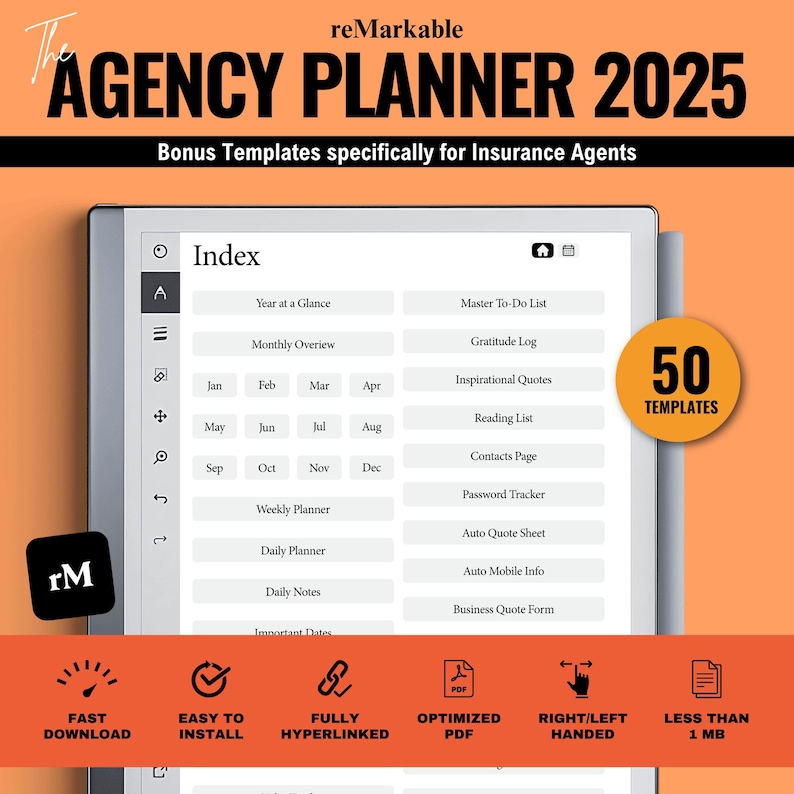In the complex world of transportation and logistics, the relationship between brokers and carriers is fundamental to ensuring goods move smoothly from point A to point B. Yet, behind every successful shipment lies a critical component often overlooked: broker-carrier insurance. This type of insurance is not just a regulatory requirement—it serves as the vital safety net that protects all parties involved from financial risks and liabilities. Understanding the crucial role of broker-carrier insurance is essential for anyone navigating the freight industry, whether you’re a broker, carrier, or shipper. In this article, we’ll delve into why this insurance matters, how it works, and what it means for maintaining trust and stability across the supply chain.
Table of Contents
- The Importance of Broker-Carrier Insurance in Risk Management
- Key Components and Coverage Options of Broker-Carrier Insurance
- Legal and Financial Implications of Inadequate Insurance
- Best Practices for Selecting and Maintaining Broker-Carrier Insurance
- Closing Remarks
The Importance of Broker-Carrier Insurance in Risk Management
In the complex ecosystem of logistics and freight, managing exposure to financial and operational risks is paramount. Broker-carrier insurance acts as a vital safeguard, ensuring that both parties involved in transportation contracts are protected against unforeseen liabilities. This coverage not only secures carriers against damages arising from accidents or cargo loss but also shields brokers from claims related to negligent carrier selection or contract breaches. By establishing clear financial responsibility, it fosters trust within the supply chain, allowing businesses to operate confidently even amidst unexpected disruptions.
The benefits of broker-carrier insurance extend beyond simple compliance with industry standards; it plays a strategic role in risk mitigation by:
- Reducing potential legal costs that may arise from claims and disputes;
- Enhancing reputational credibility through demonstrated commitment to accountability;
- Providing financial stability to withstand claims without jeopardizing operational capacity;
- Encouraging transparency and alignment of responsibilities between brokers and carriers.
Ultimately, securing comprehensive insurance coverage is not merely prudent—it’s essential for sustainable risk management and the long-term success of transportation partnerships.
Key Components and Coverage Options of Broker-Carrier Insurance
Broker-carrier insurance is designed to bridge the protection gap between freight brokers and motor carriers, ensuring both parties are shielded against financial risks stemming from transportation operations. At its core, this insurance typically includes contingent cargo liability, protecting brokers if carriers’ own cargo insurance fails to cover damages or losses. It also covers professional liability, safeguarding brokers from claims related to errors or omissions in the arranging and facilitating of shipments. On the carrier’s side, auto liability and physical damage coverage protect vehicles and drivers against accidents and property damage during transit.
Beyond these fundamental policies, there are additional coverage options that can be tailored to unique contract requirements or specific shipping needs. These may include
- General liability insurance to cover third-party bodily injury or property damage
- Cargo insurance that compensates for lost or damaged goods under the broker’s responsibility
- Errors and omissions insurance which further protects brokers from contractual disputes or negligence claims
- Workers’ compensation for carriers to cover employee injuries during operations
Choosing the right combination of these policies, often under the guidance of specialized insurance brokers, ensures a robust safety net for the complexities of freight logistics.
Legal and Financial Implications of Inadequate Insurance
Failing to maintain adequate insurance coverage as a broker or carrier can expose your business to significant legal risks. Without proper protection, you become vulnerable to lawsuits arising from accidents, cargo damage, or breaches of contract. Courts may hold you personally liable for financial damages, potentially leading to costly legal battles that drain your resources and damage your professional reputation. Moreover, regulatory bodies enforce strict insurance requirements, and non-compliance can trigger fines, suspensions, or even revocation of operating licenses, further jeopardizing your ability to operate.
Beyond legal consequences, the financial ramifications of inadequate insurance can be catastrophic. Consider the following potential impacts:
- Out-of-pocket expenses for claims that insurance would have otherwise covered
- Loss of business due to client distrust and damaged credibility
- Increased insurance premiums in the future following claims or violations
- Bankruptcy risks stemming from overwhelming debt obligations
By securing comprehensive insurance, brokers and carriers safeguard not only their assets but also the long-term viability and trustworthiness of their operations.
Best Practices for Selecting and Maintaining Broker-Carrier Insurance
Choosing the right broker-carrier insurance requires a strategic approach. Start by thoroughly evaluating the carrier’s coverage limits, ensuring they align with industry standards and your specific liability exposure. It’s essential to verify the authenticity of the insurance documents by cross-referencing with the issuing provider. Additionally, prioritize carriers with comprehensive cargo and liability coverage to minimize financial risks. Keeping an updated database of your brokers’ insurance status not only safeguards your operations but also simplifies compliance audits and contract renewals.
Maintaining broker-carrier insurance is just as critical as selecting it. Establish routine checks to monitor policy expiration dates and ensure all certificates of insurance (COIs) are current and correctly reflect the agreed terms. Implement automated reminders and maintain open communication channels with carriers for swift updates on any policy changes or renewals. Consistent record-keeping, combined with periodic risk assessments, empowers brokers to proactively address vulnerabilities, strengthening their defense against potential claims and regulatory penalties.
- Regularly verify insurance certificates with carriers
- Maintain clear communication about policy changes
- Incorporate automated alerts for expiration and renewal dates
- Perform ongoing risk assessments to identify coverage gaps
- Document all insurance-related correspondence diligently
Closing Remarks
In today’s complex transportation landscape, broker-carrier insurance stands as a vital safeguard—protecting all parties involved from financial risks and ensuring smooth, reliable operations. By understanding its crucial role, brokers and carriers can foster stronger partnerships, maintain compliance, and promote trust throughout the supply chain. As the industry continues to evolve, staying informed and proactive about insurance requirements isn’t just good practice—it’s an essential investment in the long-term stability and success of your logistics business.





